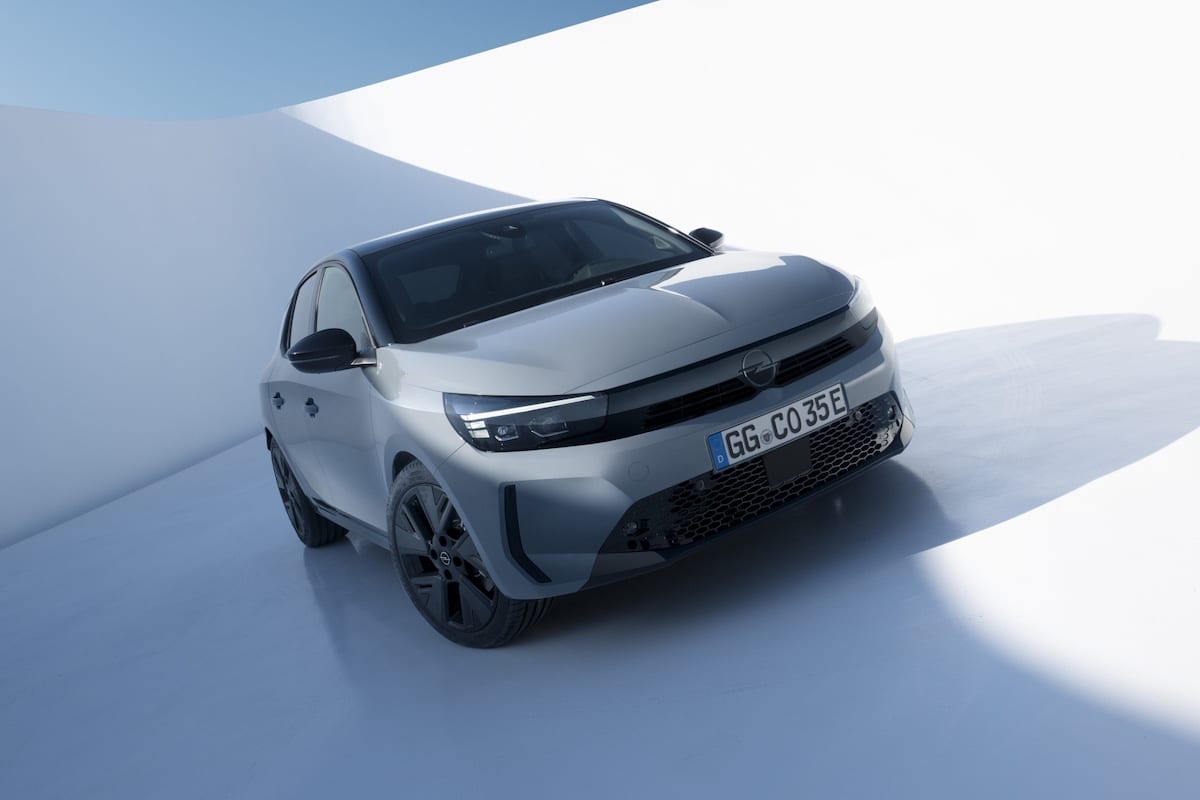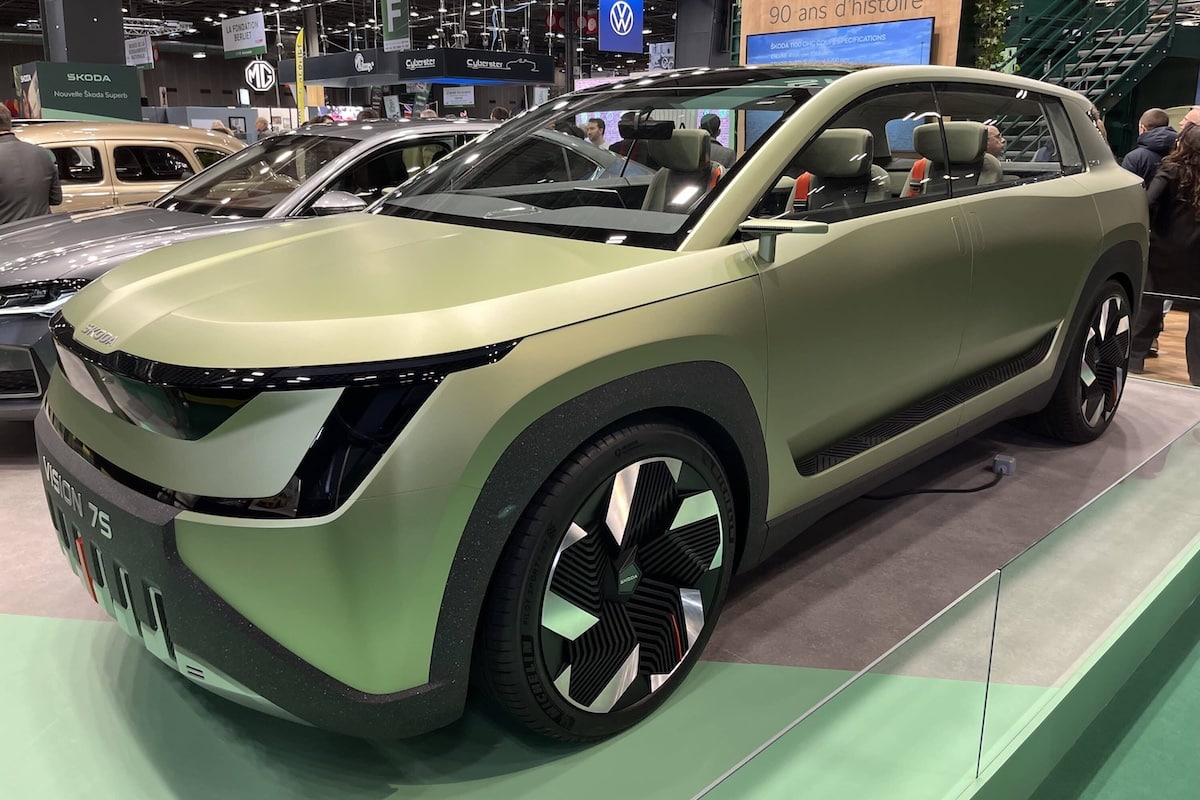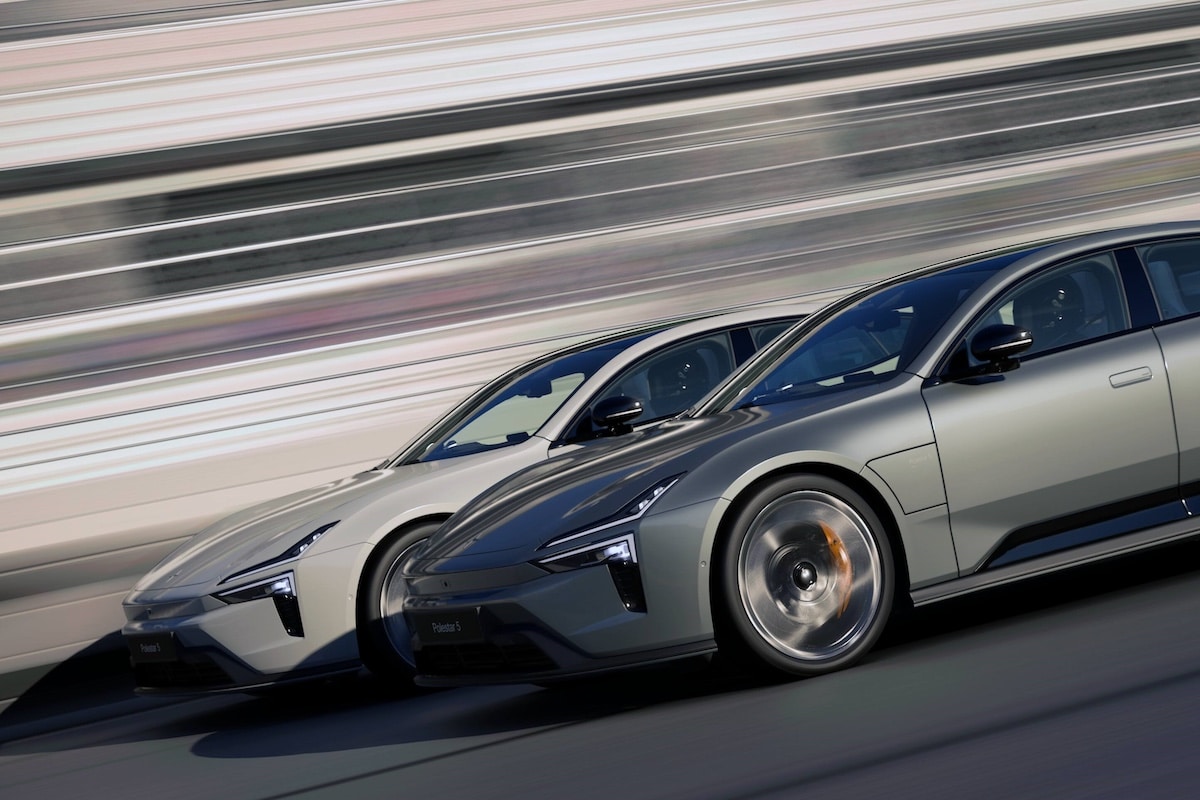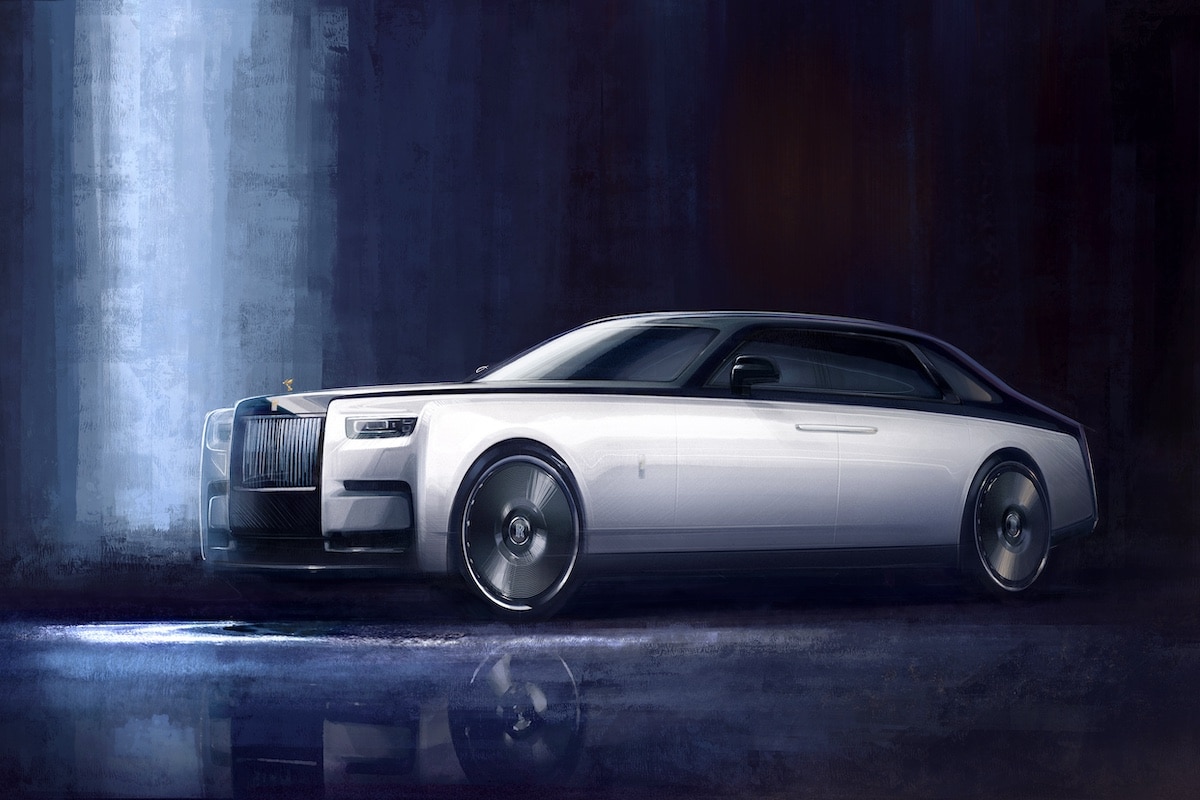General uprising against the ban on thermal engines by 2035
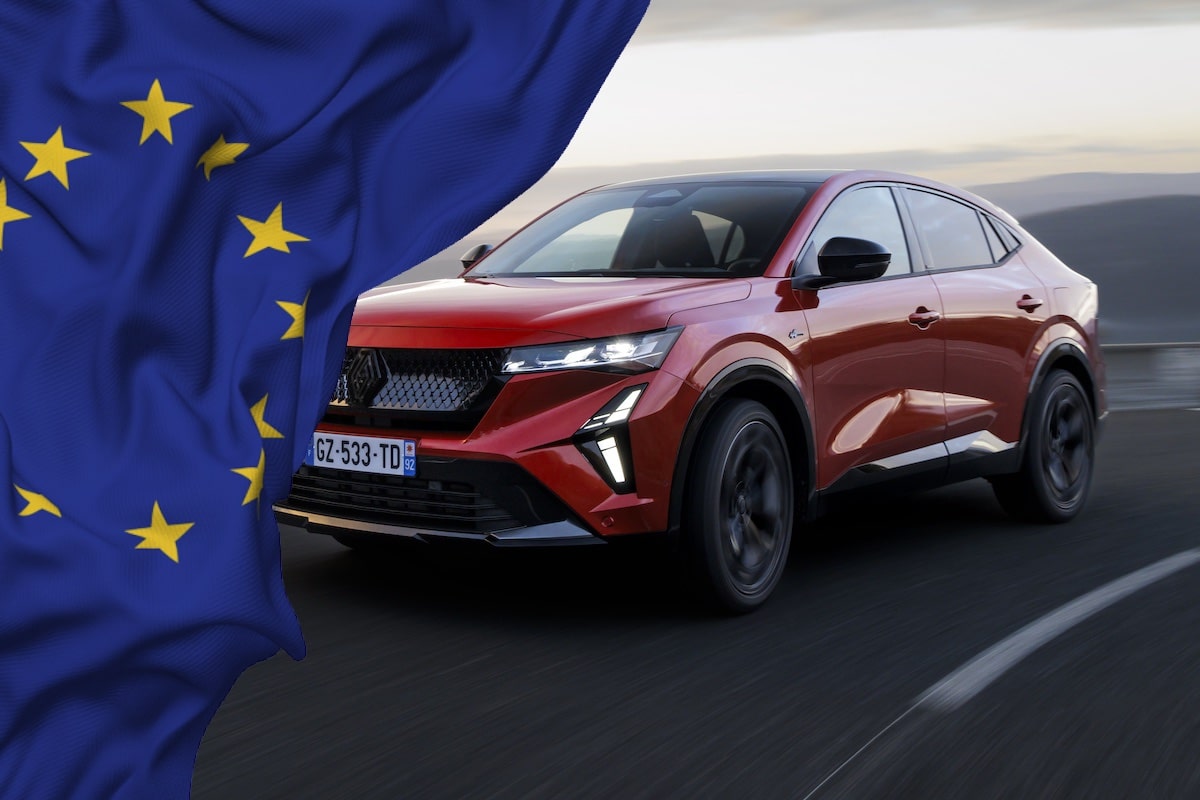
The main European manufacturers are asking the EU to re-evaluate the ban on internal combustion engines planned for 2035.
Automakers are entering discussions with the European Union to reassess the timeline set for banning the sale of new vehicles equipped with internal combustion engines starting in 2035. The aim is to find solutions to the challenges faced by the industry as it transitions to electric vehicles.
Europe must indeed contend with increasing competition, particularly from China, as well as a still limited adoption of electric vehicles (EVs). Manufacturers point to several obstacles: high production costs, dependence on Asian battery suppliers, and rising American tariffs. Additionally, an unevenly developed charging network hampers EV sales, which currently account for only about 15% of new registrations on the continent.
These discussions are part of a continuation of previous EU initiatives to support a sector that employs nearly 13 million people and contributes 7% to the European GDP. An initial meeting already allowed manufacturers to receive an extension to meet their first CO₂ emission reduction targets. Today, the industry is asking for a broader approach, including incentives to stimulate EV demand, while allowing more room for plug-in hybrids and highly efficient low-emission internal combustion vehicles.
The issue is known but the treatment is debated
The 2035 goal remains a central element of European climate policy. Road transport accounts for nearly 20% of greenhouse gas emissions, with 61% coming from cars. However, the industry believes that some flexibility could facilitate the transition and enhance its competitiveness. Environmental advocates and EV stakeholders emphasize that these standards have already led to significant investments in electric vehicles, as evidenced by the many new models presented at the Munich motor show.
The European Union is preparing a review of the 2035 regulation, which may integrate other low-emission technologies and support battery production amounting to €1.8 billion. These discussions come as the sector is experiencing a difficult period, marked by significant job cuts, particularly in Germany, where over 50,000 positions were eliminated last year, and further reductions are expected at Volkswagen, Porsche, Audi, and several suppliers. The outcome of the Brussels talks could influence both the pace of the transition to electric and the future competitiveness of the European industry.
You might be interestedin this article:
ALSO READ: Skoda unveils its electric vehicle at the price of a combustion engine
This page is translated from the original post "Fronde générale contre la fin des moteurs thermiques en 2035" in French.
We also suggestthese articles:
Also read
